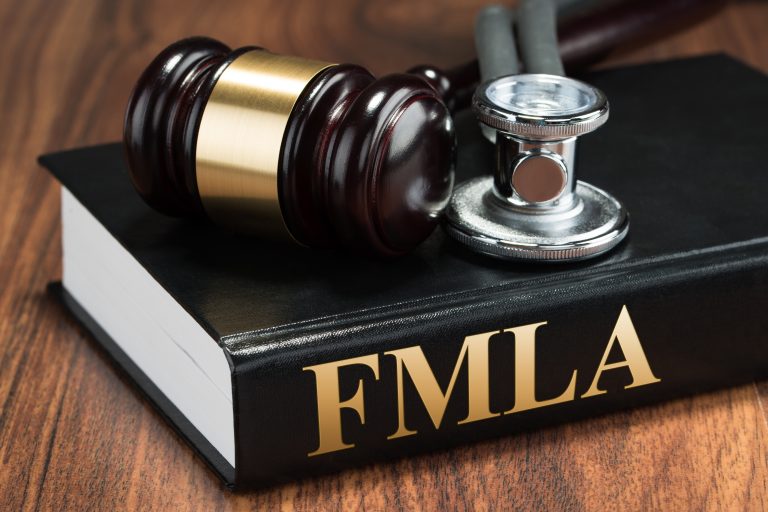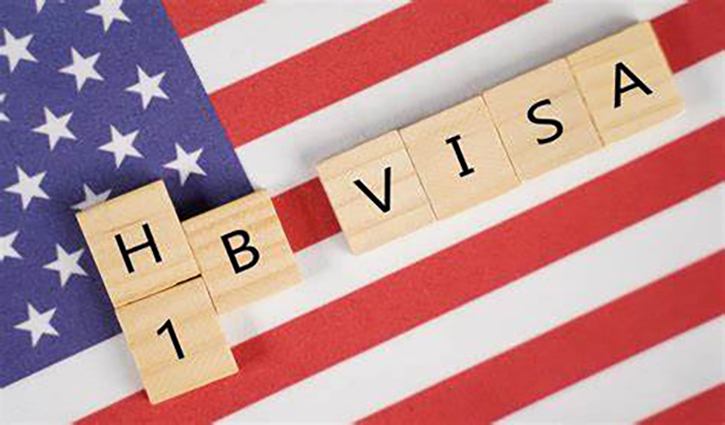On June 11, 2021, the IRS released new FAQs about tax credits for eligible employers who voluntarily provide paid employee leave under the Families First Coronavirus Response Act (FFCRA). The FFCRA paid sick and family leave requirements themselves expired Dec. 31, 2020, but subsequent legislation— most recently the American Rescue Plan Act (ARP)—extended and enhanced the tax credits available for employers that choose to provide FFCRA leave through Sept. 30, 2021.
The New FAQs
There are 123 new FAQs, divided into 16 subtopics. They include information on how employers may claim the tax credits, including how to file for and compute the applicable credit amounts and how to receive advance payments for and refunds of the credits. The FAQs clarify the following issues, among others:
- Daily and aggregate wage limits do not include health plan expenses or the employer’s share of Social Security and Medicaid taxes.
- Qualified leave wages do not include federal taxes on the wages.
- The last day an employer may file for advance payment of the credit.
- The credit may apply for leave between April and September 2021, even if the employer did not pay the employee initially.
- Employers must collect and maintain specific information from employees (and may require more than that specified) to substantiate eligibility for the credits. Records must be kept for six years.
Paid Sick and Family Leave Credits
The tax credits apply to employers with fewer than 500 employees and are refundable and advanceable. Wages are subject to daily and total limits.
Key Subtopics Covered
- What is an Eligible Employer?
- Amount of Credit for Qualified Sick Leave/Family Leave Wages
- Amount of Allocable Qualified Health Plan Expenses
- How to Claim the Credits
- Substantiating Eligibility for Credit for Qualified Leave Wages
- Taxation and Deductibility of Tax Credits
- Interaction of ARP Tax Credits with Other Tax Credits
The new IRS FAQs cover areas such as filing for, computing, and receiving advance payment for the employer tax credits.












